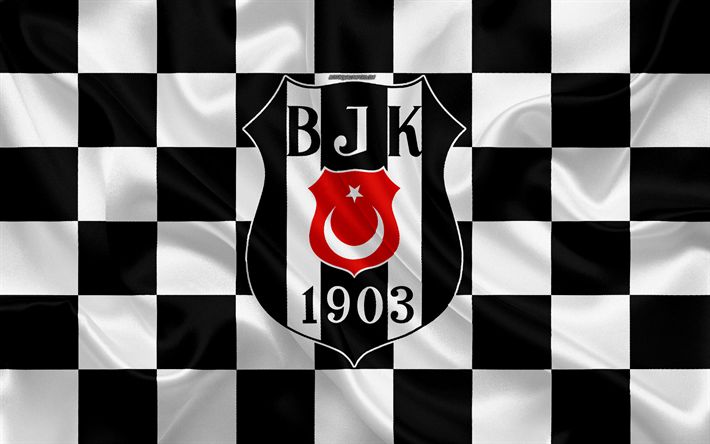Besiktas FC is a renowned football club with a rich history, numerous accomplishments, and a passionate fan base. The club has become an integral part of Turkish football culture and continues to inspire millions of supporters both locally and internationally.
The Origins and Historical Development of Besiktas FC
Understanding the roots of besiktas fc provides insight into its identity, traditions, and resilience over the decades. Established in the early 20th century, the club’s journey is marked by perseverance, iconic moments, and growth amidst challenges RR 88.
The Founding Era and Early Years
The roots of besiktas fc trace back to 1903 when it was founded by students and young sports enthusiasts in Istanbul, Turkey. Originally formed as a football and sports club, it quickly emerged as a symbol of local pride and community spirit.
In its nascent years, the club struggled with limited resources but showcased remarkable determination. The early matches were characterized by an intense rivalry with other Istanbul-based clubs, setting the stage for future competitions. The club’s initial focus was on fostering youth talent and promoting sportsmanship, which laid a strong foundation for its growth.
During this period, the club adopted its iconic black and white colors, symbolizing strength and resilience. Its early successes were modest but pivotal in establishing a sporting tradition that would flourish over the following decades. The founding members’ vision focused on unity and excellence, values that are still central to besiktas fc today.
Growth Amidst Political and Social Changes
As Turkey underwent significant political and social upheavals through the 20th century, besiktas fc experienced parallels with national struggles and aspirations. The club became more than just a sports entity; it was a symbol of resistance, independence, and cultural identity.
During the 1950s and 1960s, the club expanded its infrastructure, building a dedicated stadium, Inönü Stadium, which became a fortress of football in Turkey. The club also started competing beyond local competitions, participating in national tournaments and increasingly facing European opponents.
Throughout these years, besiktas fc cultivated a reputation for its attacking style of play and loyal supporters. The club’s resilience during periods of political tension exemplified the deep-rooted connection between the team and its fans. The socio-political influence imbued the club with a sense of purpose, transforming it from a mere sports team into a symbol of regional pride.
Transition into the Modern Era
Entering the late 20th and early 21st centuries, besiktas fc embraced modernization while maintaining its traditional values. Investment in youth academies, management restructuring, and strategic partnerships marked this phase.
The club’s participation in European tournaments increased its global profile, bringing international recognition. The move towards professionalism led to notable achievements domestically, including league titles and cup victories. The establishment of a committed supporter base fueled the club’s ambition to succeed both at home and abroad.
Technological advancements, such as digital media and online streaming, transformed how fans engage with besiktas fc, broadening its reach. The club’s commitment to community service and development programs also grew, cementing its role as a pillar of Turkish football.
